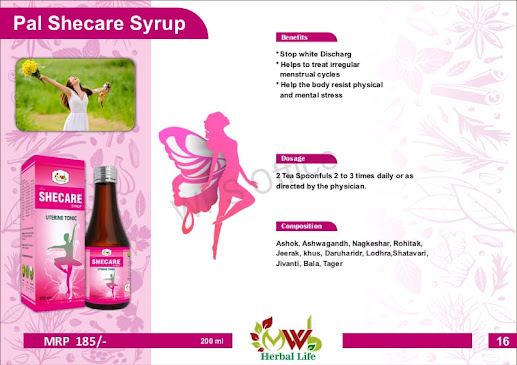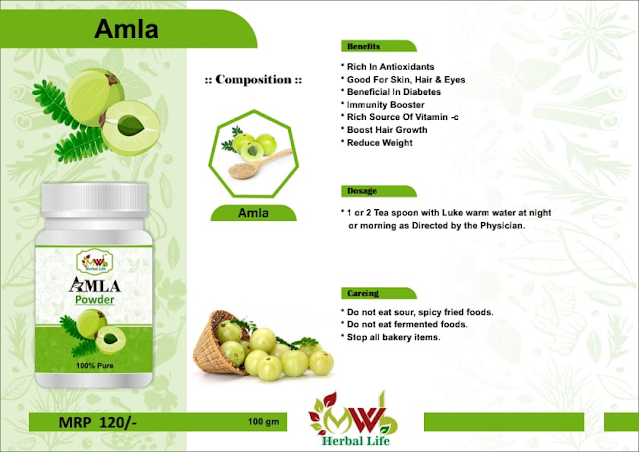She Care Syrup
Period problems...❓
Regular periods are a sign that your body is working normally. You should have regular periods unless you are pregnant, breastfeeding, postmenopausal, or have a medical condition that causes your periods to stop. Irregular, painful, or heavy periods may be signs of a serious health problem. Irregular periods also can make it harder to get pregnant. Your doctor can work with you to help get your periods more regular.
Period problem: Missing periods.
Amenorrhea is the lack of menstrual cycles before to menopause . If any of the following apply to you:
have gone three months without a menstruation
not yet had your period by the age of 15
3% to 4% of women experience amenorrhea.
If you experience amenorrhea that is not related to pregnancy or nursing, it may indicate that your ovaries have ceased producing oestrogen in the regular proportions. The absence of this hormone might have a negative impact on your health.
Among the causes of amenorrhea are:
Pregnancy. Because your ovaries no longer create eggs, pregnancy causes your menstruation to cease. Light vaginal bleeding, or spotting, is possible, but it's frequent and typically indicates nothing is wrong with the pregnancy. To be sure, you should visit your doctor or a nurse if you experience spotting while pregnant. Visit our pregnancy section to learn more.
Breastfeeding. Some women's periods don't start up again until after they've finished nursing. Others may have a resumption of their periods a few months after having birth. You can ovulate unknowingly when your baby goes from nursing to solid meals. If a woman does not want to become pregnant again immediately after nursing, she should speak to her doctor or nurse about birth control options.
Period problem: Menstrual pain
Dysmenorrhea is the medical term for the pain associated with menstruation (dis-men-uh-REE-uh). The most frequent issue women face with their periods is pain. More than half of period-having women experience some discomfort during this time. 2 Some women may just experience a little pulling or sense of weight in the lower abdomen. Premenstrual syndrome (PMS) discomfort is different from the severe cramps experienced by other women.
Nonsteroidal anti-inflammatory medicines (NSAIDs), such as naproxen, ibuprofen, or aspirin, can usually reduce period discomfort.
3 When your period initially begins, using an over-the-counter NSAID medication may also minimize excessive menstrual bleeding4 and help you better manage the discomfort.
Dysmenorrhea comes in two forms:
first-stage dysmenorrhea The most typical form of dysmenorrhea is this one. Usually, the uterus's contractions are what produce the pain (womb). During your period, the uterus contracts to aid the uterine lining's exit from the body. Dysmenorrhea can strike teenagers shortly after their first menstruation. Primary dysmenorrhea typically becomes less uncomfortable as women age. But some people have excruciating menstruation discomfort. Dysmenorrhea may be more likely to affect you if you: 5
gotten your menstruation before the age of eleven
Have more frequent or longer periods
Smoke
possess a high stress threshold
6,7
Nonsteroidal anti-inflammatory medicines (NSAIDs), such as naproxen, ibuprofen, or aspirin, can usually reduce period discomfort.
Dysmenorrhea that is secondary. Usually, another medical condition is what causes this particular sort of dysmenorrhea. As you age, secondary dysmenorrhea pain typically grows worse. Additionally, it lasts longer than typical menstruation pains do. The following issues can result in secondary dysmenorrhea:
Endometriosis. When the uterine lining spreads outside of the uterus, a disease known as endometriosis results. This lining tears and bleeds outside of the uterus in reaction to monthly variations in oestrogen levels, which can result in puffiness and discomfort.
uterine tumours. Fibroids are tumours that develop inside or on the uterine wall. Almost always, they are not malignant. When they do not have their period, some women with fibroids feel pelvic discomfort and vaginal bleeding.
For more information
☎ 91+ 63568 62808




.jpeg)



Comments